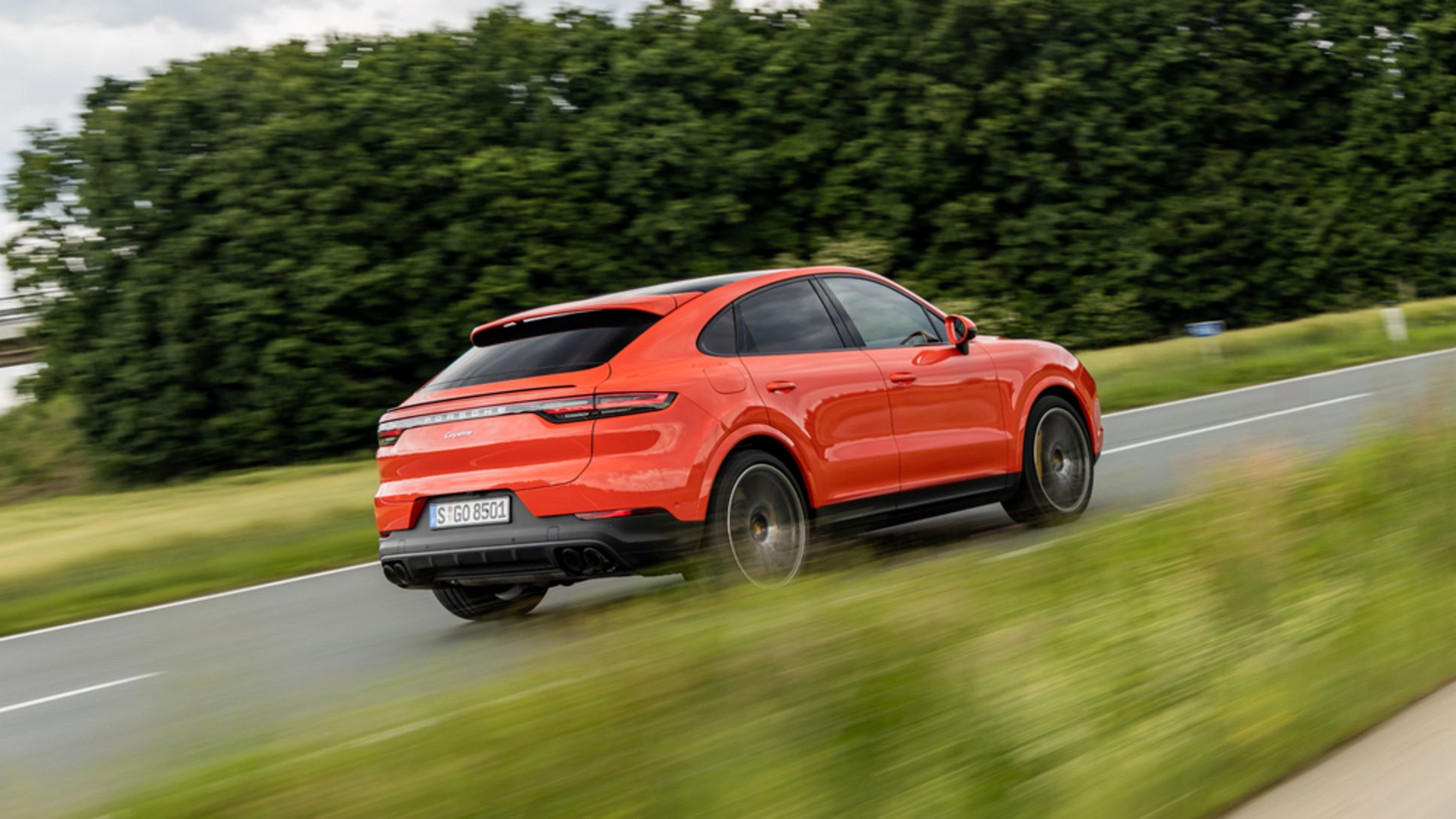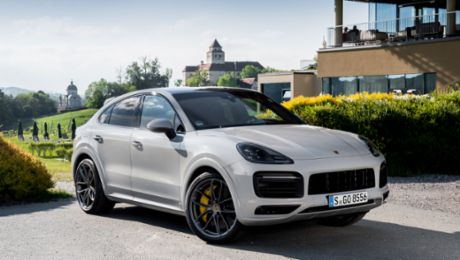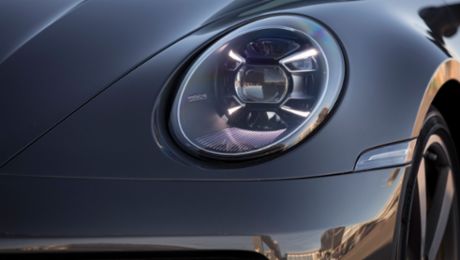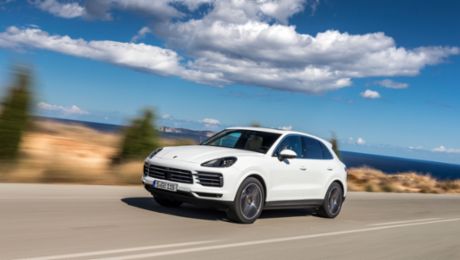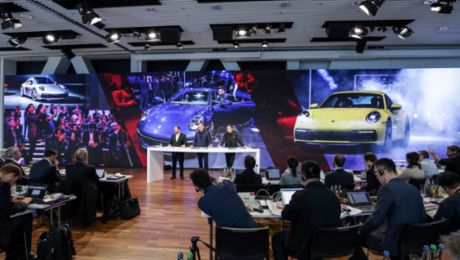The sales revenue grew by nine per cent to 13.4 billion euros compared with the prior-year period. The operating result before special items increased by three per cent to 2.2 billion euros; the return on sales before special items was 16.5 per cent. Deliveries grew by two per cent, with the company handing over 133,484 vehicles to customers by the end of June. The workforce increased by five per cent to 33,839 employees in the first half of 2019.
“Our half-year result is a solid basis for a successful business year 2019. One success factor behind this is our attractive product range,” explains Oliver Blume, Chairman of the Executive Board of Porsche AG. "In the first six months of this year, we have launched a range of innovative, emotive products onto the market with the new 911, the 911 Cabriolet, Cayenne Coupé, 911 Speedster, 935, 718 Spyder and GT4.”
“After a challenging first quarter in 2019, we are now fully on course,” says Lutz Meschke, Deputy Chairman and Member of the Executive Board for Finance and IT at Porsche. According to Meschke, the results growth was mainly due to higher volumes of vehicle sales. In contrast, currency effects and expenses relating to the e-mobility offensive had a negative impact.
Special items in the second quarter 2019
The diesel issue resulted in special items amounting to 0.5 billion euros in the second quarter. After special items, the operating result was therefore 1.7 billion euros. The return on sales after special items was 12.5 per cent.
In May 2019, the Stuttgart Public Prosecutor's Office comprehensively ended the administrative offence proceedings against Porsche AG in connection with deviations from regulatory requirements for certain Porsche vehicles through issue of a fine notice. The fine notice provides for a fine totalling 535 million euros, consisting of a penalty in the amount of four million euros for a negligent breach of duty in engine testing and a levy of economic benefits in the amount of 531 million euros. The levy amount is based largely on the profitability of the company. Reserves were already set aside in the first quarter of the year on Volkswagen Group level for the risk of possible payment obligations from the fine notice. Porsche AG included the financial effects from the notice in the second quarter.
Deliveries to customers: Largest increase for Cayenne
Porsche AG delivered 133,484 vehicles worldwide in the first half of 2019, representing a two per cent increase compared with the same period in the previous year. 41,725 Cayenne vehicles were delivered, marking the strongest model growth with a rise of 45 per cent. The new generation has been available in all markets since this year, while the Coupé version arrived in dealerships in May. The most-sold model worldwide remains the Macan, with 47,367 deliveries.
Porsche achieved 28 per cent growth in China up to the end of June. In Asia-Pacific, Africa and the Middle East, deliveries increased to 57,397 vehicles, with 20 per cent growth compared with the prior-year period. In the USA, Porsche was also able to consolidate its position in the first half of 2019, achieving three per cent growth with 30,257 deliveries.
Outlook for the overall year
Porsche expects deliveries to increase in the 2019 financial year, driven in part by new products such as the Cayenne Coupé, the 718 Spyder and 718 Cayman GT4. The Taycan, Porsche’s first all-electric sports car, will also arrive in dealerships at the end of the year. The company is also expecting a slight increase in terms of sales revenue. “Despite very high investment in electrification, digital transformation, and in the expansion and renovation of our company locations, we aim to continue to meet the high earnings target of Porsche,” says Meschke.
